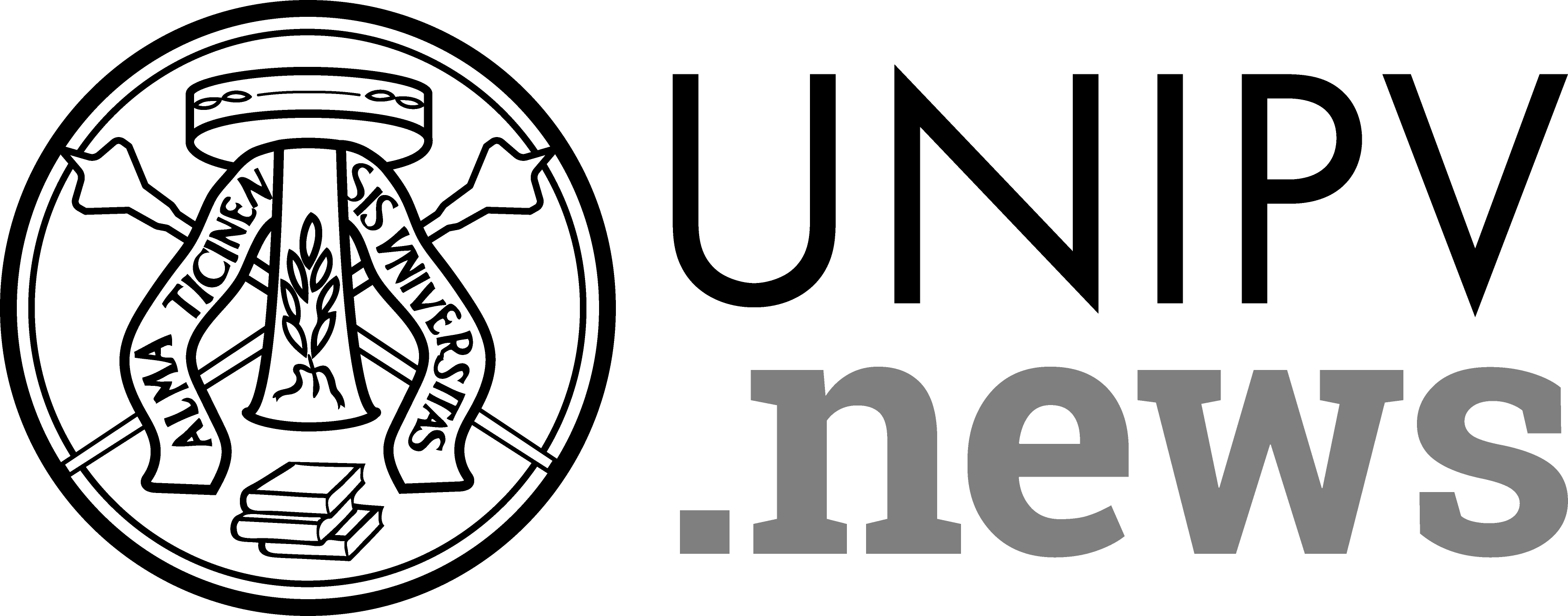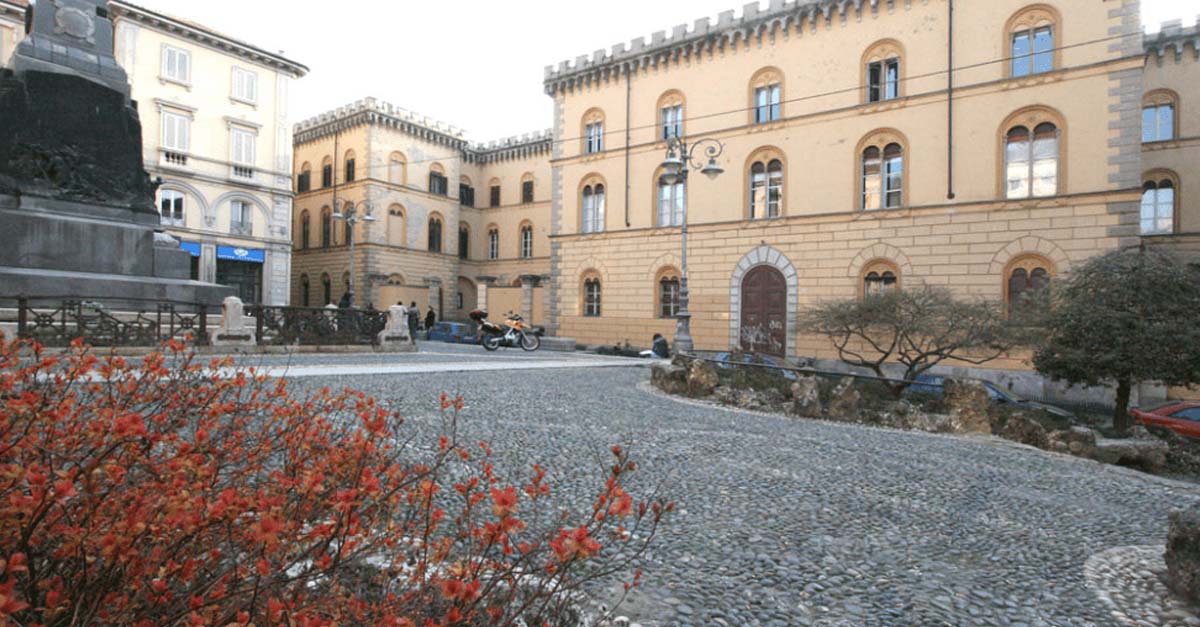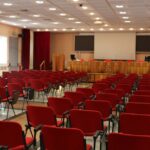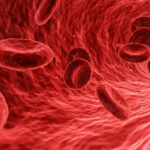(English below) Si svolgerà a Pavia da giovedì 7 a sabato 9 aprile 2022 il congresso internazionale “Frigia tra Oriente e Occidente”. Il congresso è un’iniziativa del programma MUR Dipartimenti di Eccellenza del Dipartimento di Studi Umanistici dell’Università di Pavia, in collaborazione con l’Institute for the Study of the Ancient World, NYU e sponsorizzato dal Collegio del Maino, PV.
La prima e la terza giornata si svolgeranno presso l’Aula Magna del Collegio del Maino, mentre la giornata di venerdì 8 aprile avrà sede nell’Aula Bottigella di Palazzo S. Tommaso, con una sessione poster aperta nella vicina Aula delle Sibille.
Ca. 40 partecipanti tra relazioni e poster sono attesi dall’Italia, dalla Turchia, dai paesi dell’UE e dagli USA. Sette relatori invitati insieme agli altri partecipanti selezionati attraverso il processo di peer-review, dopo aver risposto a una call-for-paper, si incontreranno per discutere la definizione delle identità frigia che emerge dalle ricerche in corso su questo tema.
La questione della definizione delle identità contrastanti tra Oriente e Occidente è sempre stata centrale per la comprensione del mondo mediterraneo, europeo e, oggi anche atlantico. Nella rivalutazione dei valori e dei fondamenti di una società nuova, diversa e inclusiva, l’eredità del mondo greco-romano come “exemplum” è oggetto di rivalutazione. La discussione, spesso condotta da non esperti comporta, tuttavia, una comprensione troppo semplicistica del Mediterraneo antico, in generale, e dell’esperienza greco-romana, in particolare. La sfida per gli storici e gli archeologi è quella di promuovere una visione del Mediterraneo in tutta la sua ricchezza e complessità nel più ampio contesto del mondo antico.
Al fine di dare spazio a una diversa comprensione del Mediterraneo antico, questa conferenza si concentra sulla Frigia, una regione dell’Anatolia nord-occidentale e interna, che fu terra di confine tra l’Oriente e l’Occidente per tutto il primo millennio a.C. La conferenza vuole portare a discussione una congettura: se sia stata la Frigia, ben prima dell’espansione dell’impero achemenide verso ovest, a promuovere identità contrastanti tra l’Oriente e l’Occidente già durante l’VIII secolo a.C. L’obiettivo è anche quello di indagare come i diversi elementi di diversità che caratterizzavano questa terra di confine furono recepiti ed elaborati nelle società contemporanee e successive del mondo mediterraneo e del Vicino Oriente.
I lavori prevedono le seguenti sessioni:
1) Potere e identità frigia.
2) Potere e identità a Gordion.
3) Tecnologia, commercio e interazione a lunga distanza.
4) Espressione attraverso il monumento e l’immagine.
5) Espressione attraverso la scrittura.
6) Memoria e ricezione in epoca greco-romana.
Programma “Frigia tra Oriente e Occidente”
La conferenza sarà principalmente di persona, ma l’evento sarà trasmesso in livestream attraverso le piattaforme mediatiche Digital Hammurabi e Save Ancient Studies Alliance per consentire la partecipazione a un pubblico online più ampio.
Il formato della conferenza rispetta le restrizioni COVID-19 attualmente in vigore.
Gli organizzatori:
Annarita Bonfanti (annaritastefan.bonfanti01@universitadipavia.it), University of Pavia
Lorenzo d’Alfonso (lda5@nyu.edu), University of Pavia, ISAW-NYU
Nathan Lovejoy (ncl291@nyu.edu), ISAW-NYU
Alessio Mantovan (alessio.mantovan84@gmail.com), University of Pavia
Ryan Henry Schnell (rhs399@nyu.edu), ISAW-NYU
***
International Congress “Phrygia between the East and the West”
This week the international congress “Phrygia between the East and the West” will take place in Pavia from Thursday 07 to Saturday 09 April 2022. The congress is an initiative of the Excellence MUR Program of the Department of Humanities of the University of Pavia in collaboration with the Institute for the Study of the Ancient World, NYU and psonsored by the Collegio del Maino, PV.
The first and the third day will take place at the Aula Magna of the Collegio del Maino, while the day of Friday, April 8th, will be located in the Aula Bottigella of Palazzo S. Tommaso, with a poster session open in the nearby Aula delle Sibille.
Ca. 40 participants between speakers and poster presenters are expected to convene from Italy, Turkey, EU countries and the US. Seven invited speakers and all other participants selected through the peer-review process after responding to a call-for-paper will meet to discuss the definition of identities emerging from ongoing research on this topic.
The question of the definition of contrastive identities between the East and the West has always been central to understanding the Mediterranean, the European, and, today also, the Atlantic world. In the reassessment of the values and fundaments of a new, diverse, and inclusive society, the legacy of the Greco-Roman world on western political identity as ‘the exemplum’ is under scrutiny. The discussion, often led by non-experts, however, involves a too simplistic understanding of the ancient Mediterranean, in general, and of the Greco-Roman experience, in particular. The challenge for ancient historians and archaeologists is to promote a vision of the ancient Mediterranean with all of its rich complexity and diversity in the broader context of the ancient world. In order to make space for a different understanding of the ancient Mediterranean trajectory, this conference focuses on Phrygia, a region of northwestern, inner Anatolia, which represented a borderland between the East and the West for the entire 1st millennium BCE.
The conference even aims to bring a conjecture to discussion: whether it was Phrygia, well before the expansion of the Achaemenid Empire towards the west, that promoted contrastive identities between the East and the West already during the 8th century BCE. The aim is also to investigate how the several elements of diversity characterizing this borderland were received and elaborated in contemporary and later societies of the Mediterranean and Near Eastern worlds.
The following session will be discussed:
1) Phrygian Power and identity.
2) Power and identity at Gordion.
3) Technology, trade, and long-distance interaction.
4) Expression through monument and imagery.
5) Expression through writing.
6) Memory and reception in Greco-Roman times.
Program “Phrygia between the East and the West”
The conference will be primarily in-person, but we will livestream the event through the Digital Hammurabi and Save Ancient Studies Alliance media platforms to allow for a larger online audience.
The conference format is respective of local and international COVID-19 restrictions.
The organizers:
Annarita Bonfanti (annaritastefan.bonfanti01@universitadipavia.it), University of Pavia
Lorenzo d’Alfonso (lda5@nyu.edu), University of Pavia, ISAW-NYU
Nathan Lovejoy (ncl291@nyu.edu), ISAW-NYU
Alessio Mantovan (alessio.mantovan84@gmail.com), University of Pavia
Ryan Henry Schnell (rhs399@nyu.edu), ISAW-NYU




